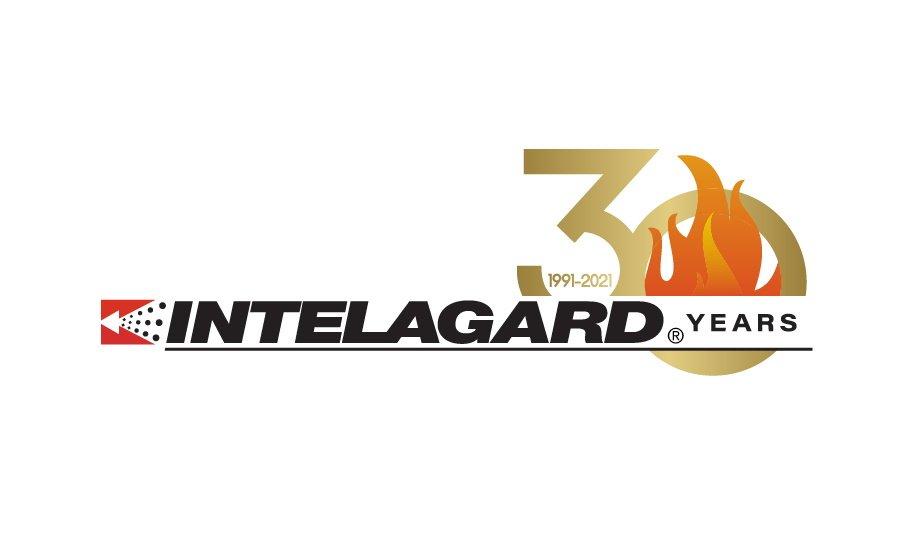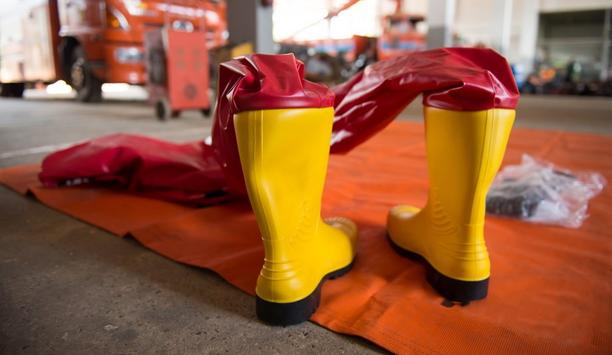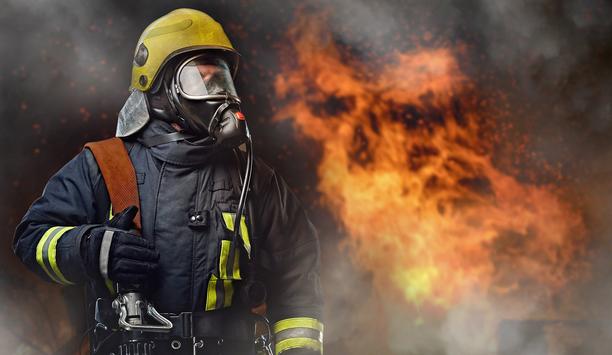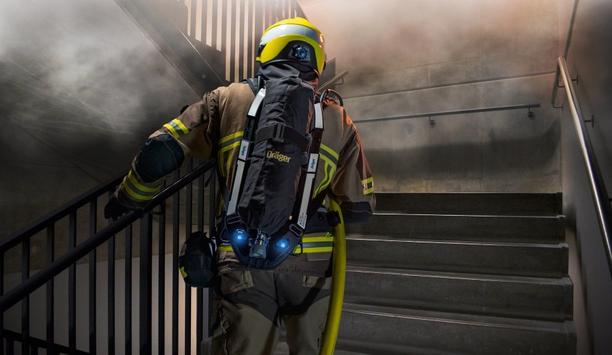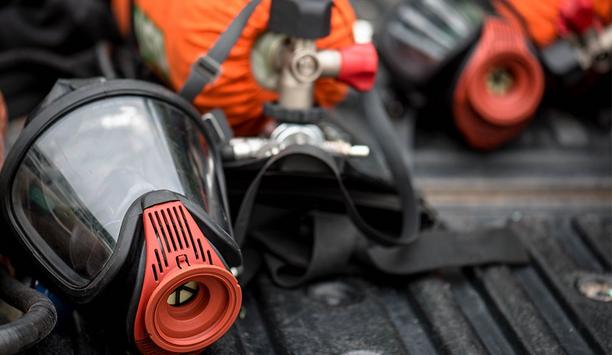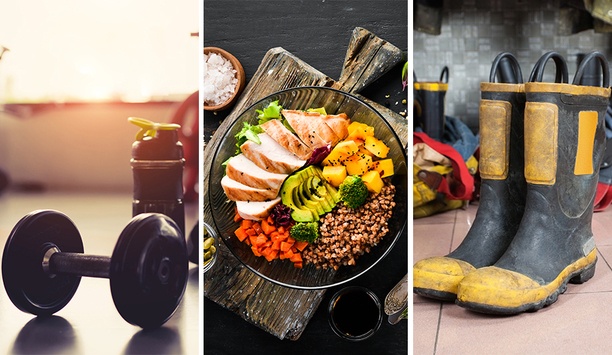The forecast for wildland fire potential issued on February 1, 2022, by the National Interagency Fire Center (NIFC) predicts that over the next four months, the potential for wildfires will be higher than average in the Carolinas, Georgia, Florida, parts of New Mexico and Arizona, and the central and southern plains, in the United States of America (USA).
Over the last decade alone, fire ‘seasons’ in the USA have increased in length by two and a half months. In addition, the average area scorched by fires in the Wildland Urban Interface (WUI) has doubled in the last three decades, now encompassing nearly seven million acres per year. This figure is only expected to grow. Wildland firefighting is unpredictable, dangerous, and physically exhausting.
Need for fire suppression systems to be modernized
Since wildfires are not going away and will only intensify in the future, fire suppression systems must be modernized
Since wildfires are not going away and will only intensify in the future, fire suppression systems must be modernized, in order to meet this increasing and dangerous demand. Fires can no longer be effectively fought using the same outdated methods, which were used in the past. Solutions that boost firefighting response and effectiveness, while significantly reducing maintenance and manpower are not only a good idea, but a critical necessity.
All WUI communities play a crucial role in protecting the surrounding ecosystem and can aid in doing so by making the decision to equip their fire departments with tools that are dependable, easy to operate, and costs less than the traditional firefighting equipment.
With Intelagard Suppression Systems:
- Stretch water resources. One gallon of water and foam concentrate can create up to 35 gallons of firefighting foam.
- Get closer to live fuels.
- Pretreat poles and fencing from unwanted burning.
- Create visible wet lines.
- Draft from alternate water sources (i.e., river, pool, ocean, hot tub, etc.) with a 6-to-19-foot vertical lift.
Powerful wildland firefighting in a compact package
The SwiftCAF ATV/UTV is a small-to-medium scale, Compressed Air Foam System (CAFS) that is perfectly suited for rapid incident attack in restricted emergency access areas, such as cross country, off-road and rugged terrain environments.
Its (optional) terrain spray bar, when combined with foam solution from the 14-gallon tank can apply a 4-foot, half mile long wet line, before needing to refill. Once the unit runs dry, it can be refilled from a stream, creek, pond, pool, or lake in a snap (even dirty and brackish water with debris up to 1/4 inch can be used).
Macaw Backpack Compressed Air Foam System
The Macaw Backpack is a CAFS that combines reliability with impressive fire extinguishing properties
The Macaw Backpack is a CAFS that combines reliability with impressive fire extinguishing properties in a compact package. This system is a game-changer and a must-have in your firefighting arsenal.
The Macaw Backpack converts 5 gallons of water and firefighting foam, up to 175 gallons of finished foam, utilizing Intelagard’s patented Enviroshield technology. It deploys a tight and structured uniform stream of bubbles, in order to disrupt the thermal layer and suffocate fire vapors, during a direct attack
The Intelagard Advantage
Intelagard has invested over thirty years into research, design, and manufacturing of innovative, military-grade Compressed Air Foam Systems for firefighters and first responders, working in the toughest conditions.
Intelagard CAFS are ideal systems for indirect attacks and mop-up. Lay down wet lines, control backburn and wet the duff with precision and ease. Applied ahead of a fire it can be used to form a moist fire break in brush or grass, or it can be applied to pretreat structures from the ignition, as a fire passes over. The insulation properties of Intelagard expanded foams keep the intense heat of fires from penetrating fuels.
Enviroshield Technology creates insulating layer of foam
The Intelagard Systems have been proven to be exceptionally effective in protecting exposed structures and vegetation, in parts of the WUI, where water supply can be critically limited.
The Enviroshield Technology creates an insulating layer of foam that will adhere to vertical and horizontal surfaces, such as walls and roofs, to create a durable moist barrier.
